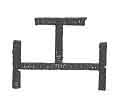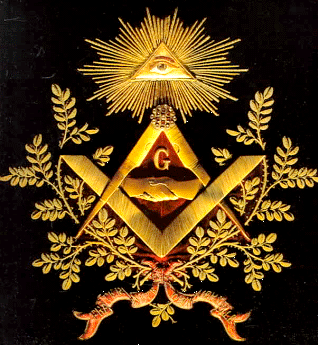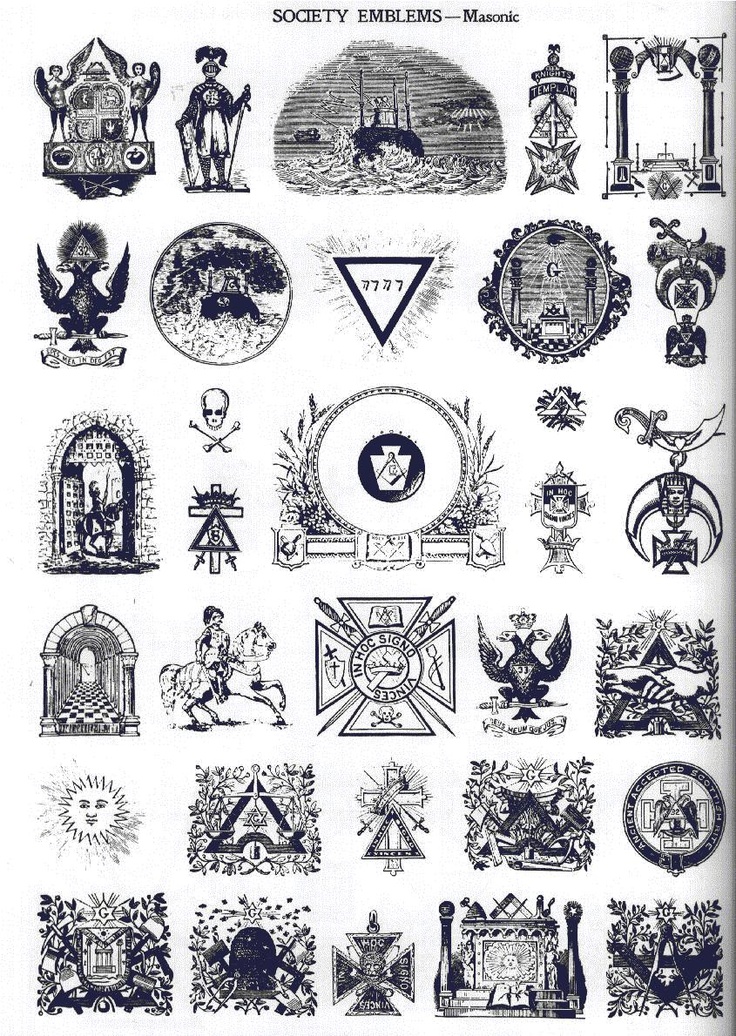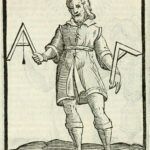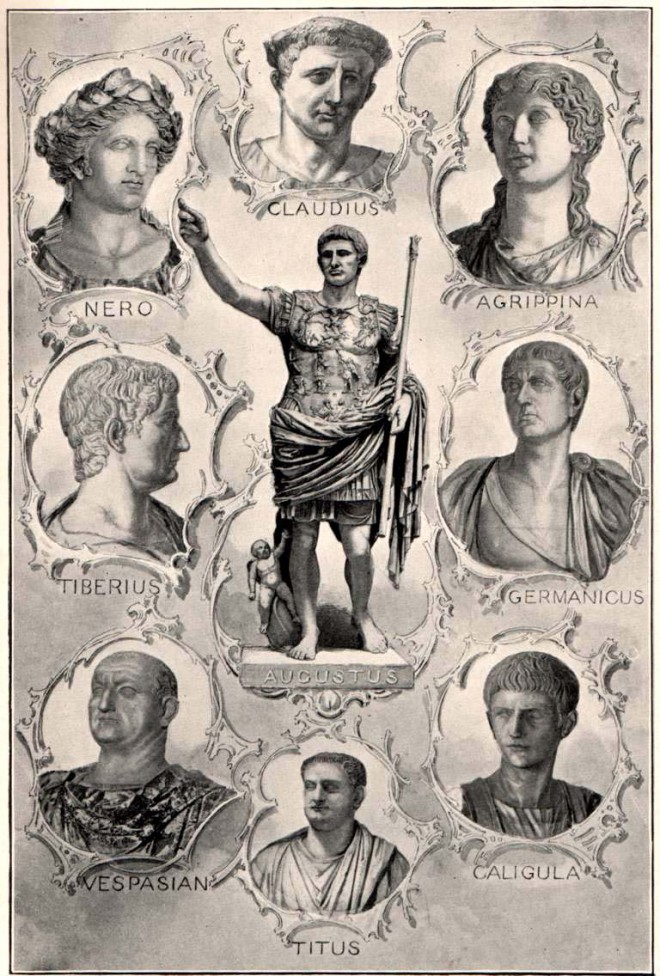“The Christian religion is . . . evidently credible, but not evidently true. It is evidently credible; for it is evident that whoever embraces
Page 359
it is prudent. It is not evidently true; for it either teaches obscurely or the things which it teaches are obscure. And they who affirm that the Christian religion is evidently true, are obliged to confess that it is evidently false.”
“Infer from hence —
“1. That it is not evident that there is now any true religion in the world.
“2. That it is not evident that of all religions existing upon the earth, the Christian religion is the most true; for have you travelled over all countries of the world, or do you know that others have? . . .
. . . . . . . .
“4. That it is not evident that the predictions of the prophets were given by inspiration of God; for what refutation will you bring against me, if I deny that they were true prophecies, or assert that they were only conjectures?
“5. That it is not evident that the miracles were real, which are recorded to have been wrought by Christ; although no one can prudently deny them (Position 6).
“Neither is an avowed belief in Jesus Christ, in the Trinity, in all the articles of Faith, and in the Decalogue, necessary to Christians. The only explicit belief which was necessary to the former (Jews) and is necessary to the latter (Christians) is 1, of God; 2, of a rewarding God” (Position 8).
Hence, it is also more than “evident” that there are moments in the life of the greatest liar when he may utter some truths. It is in this case so perfectly exemplified by the “good Fathers,” that we can see more clearly than ever whence proceeded the solemn condemnations at the OEcumenical Council of 1870, of certain “heresies,” and the enforcement of other articles of faith in which none believed less than those who inspired the Pope to issue them. History has yet perhaps to learn that the octogenarian Pope, intoxicated with the fumes of his newly-enforced infallibility, was but the faithful echo of the Jesuits. “An old man is raised trembling upon the pavois of the Vatican”; says Michelet, “every thing becomes absorbed and confined in him. . . . For fifteen centuries Christendom had submitted to the spiritual yoke of the Church. . . . But that yoke was not sufficient for them; they wanted the whole world to bend under the hand of one master. Here my own words are too weak; I shall borrow those of others. They (the Jesuits) wanted (this is the accusation flung in their faces by the Bishop of Paris in the full Council of Trent) faire de l’epouse de Jesus Christ une prostituee aux volontes d’un homme.”
Page 360
They have succeeded. The Church is henceforth an inert tool, and the Pope a poor weak instrument in the hands of this Order. But for how long Until the end comes, well may sincere Christians remember the prophetic lamentations of the thrice-great Trismegistus over his own country: “Alas, alas, my son, a day will come when the sacred hieroglyphics will become but idols. The world will mistake the emblems of science for gods, and accuse grand Egypt of having worshipped hell-monsters. But those who will calumniate us thus, will themselves worship Death instead of Life, folly in place of wisdom; they will denounce love and fecundity, fill their temples with dead men’s bones, as relics, and waste their youth in solitude and tears. Their virgins will be widows (nuns) before being wives, and consume themselves in grief; because men will have despised and profaned the sacred mysteries of Isis.”
How correct this prophecy has proved we find in the following Jesuit precept, which again we extract from the Report of the Commissioners to the Parliament of Paris:
“The more true opinion is, that all inanimate and irrational things may be legitimately worshipped,” says Father Gabriel Vasquez, treating of Idolatry. “If the doctrine which we have established be rightly understood, not only may a painted image and every holy thing, set forth by public authority for the worship of God, be properly adored with God as the image of Himself, but also any other thing of this world, whether it be inanimate and irrational, or in its nature rational.”

Moe is the founder of GnosticWarrior.com. He is a father, husband, author, martial arts black belt, and an expert in Gnosticism, the occult, and esotericism.

